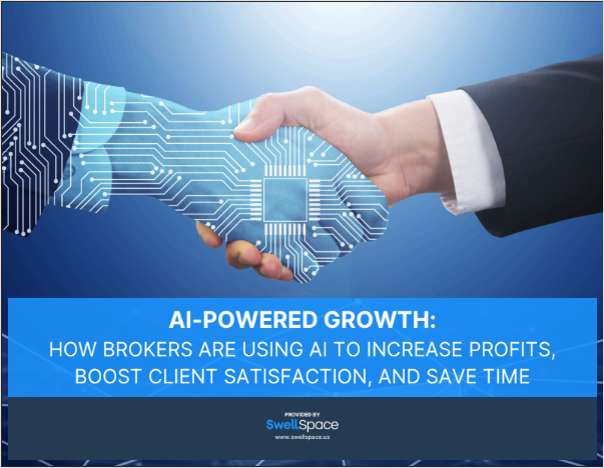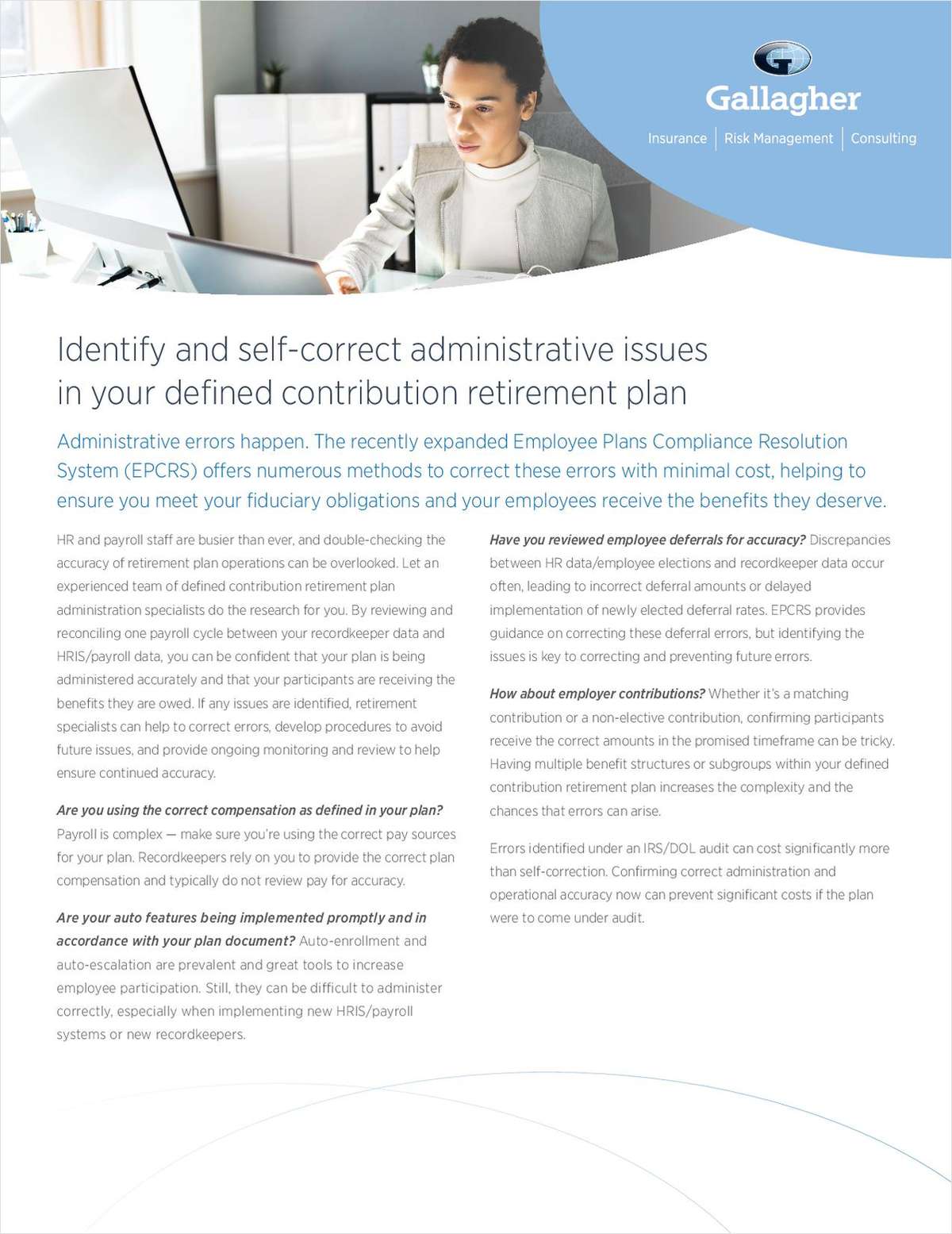As companies battle strained budgets during the recession, more and more are offering innovative perks to keep employees engaged, particularly as traditional employee benefit costs continue to rise. Take this example: A number of employers in Kansas City are giving their workers debit cards that can be used to cover educational expenses upfront — not only for tuition, but also for supplies for trade school courses and even certification exams and professional conferences.
Nurses at St. Luke’s Health System in Kansas City have used the debit cards to pay for certification classes for specialty practices such as critical care, says Dawn Murphy, senior vice president of human resources. Other hospital professionals have used the cards to pay for occupational therapy conferences.
Murphy says the debit card program fosters employee engagement, which is better than just focusing on employee satisfaction. “Engaged employees are those who come to work with their heads and their hearts fully engaged — they use energy and discretionary effort, while satisfied employees might just sit in their cubicles,” Murphy says.
“We want engaged employees who are going above and beyond for our patients, which makes a world of difference for the care we provide.” The trend of offering non-traditional employee benefits is increasing as employers struggle with tight budgets, particularly as the costs for tablestakes such as medical, dental and disability insurance continue to rise.
According to the Society for Human Resource Management’s 2009 Employee Benefits Survey Report, 60 percent of organizations say their benefits offerings have been affected either to a large extent or some extent by the challenges to the U.S. and global economy. As a result, more are turning to innovative perks to sweeten the pot for employees, so they’ll not only stay at the organization longer, but they’ll also work more productively.
In the 7th Annual MetLife Study of Employee Benefits Trends, 40 percent of employees surveyed said they wanted a wider array of voluntary benefits. “Sometimes employees lose sight of the benefits of 401(k)s, medical and dental, so non-traditional benefits have a stronger emotional appeal,” says Patrick Carragher, vice president and director of benefits at CheckPoint HR, a human resources administrative service and consultant firm in Edison, N.J.
“Many of the offerings are fun and people can benefit immediately in a tangible way, and they are good, solid morale boosters.” The types of non-traditional benefits can vary widely — from cutting-edge educational programs that use debit cards to professional chefs in the office and Wiis in the breakroom to offerings that augment traditional benefits, so employees can cover their mortgage payments while recovering from a heart attack.
St. Luke’s educational accounts is part of a pilot project by the Kansas City-based The Learning Group, which uses debit cards and an online site to administer “lifelong learning accounts” for employees of participating companies, says Suzy Makalous, the group’s director of innovation. Employees who choose to take advantage of the program elect to have a certain amount of money deducted from their payroll checks and deposited into the account, with their employers matching all or a portion of that amount.
When enough is saved to pay for educational expenses, employees request their debit card to be loaded using The Learning Group’s online administrative site. Makalous says the program is a win-win for everyone. “It empowers employees to take charge of their career, it builds loyalty for an organization, it increases productivity for those people who are involved in it, it forwards the idea of competitive advantage and innovation, and it frees up time for HR,” she says.
The pilot was part of an initiative by the U.S. Department of Labor, which also matched employee contributions in The Learning Group’s initial demonstration project from June 2008 to June 2010. Twenty companies with 159 participating employees took part of the initial project, in which 56 new college degrees and 31 new certifications were earned.
Currently 65 employees from 10 companies are involved in the program. Ron Borst, chief executive officer of Clay and Bailey Manufacturing Company in Kansas City, said that he personally used the program to pay for a welding class and supplies, and several of his employees have used it to pursue bachelor’s degrees in unrelated studies — something traditional tuition reimbursement programs typically wouldn’t cover.
“This is something you want so all of your employees continue to advance their education,” Borst says. “In this day and age, things are happening so fast that if they don’t continue to learn, they don’t keep up.” The Learning Group contracted with Phillips Resource Network Inc. in Overland Park, Kan. to administer the program, which in turn worked with Evolution Benefits in Avon, Conn. to set up the debit card and online administrative site.
Cristy Rewenko, assistant vice president at Evolution Benefits, said her firm typically sets up similar programs for companies to administer traditional benefits such as flexible spending accounts and health savings accounts. However, due to the success of the Kansas City project, Evolution Benefits is now considering expanding its marketing efforts to brokers, to get more companies using its services for educational accounts. Other “out-of-the box” benefits include bringing into the office hair stylists, chair masseuses and even professional chefs to cook employees omelets to order, Carragher says.
Some companies give their employees-of-the-month gift certificates for household appliances up to $1,500, and Carragher knows of at least one firm that rewarded one of its employees-of-the year with a helicopter skiing trip in Colorado. Art Brooks of BeneTrac in San Diego, which offers tools for online enrollment and benefits management, said that some companies are now offering employees group home and auto insurance, 529 college savings plans and deferred compensation programs.
Other perks include legal benefits, including identity theft protection, flexible spending accounts for transportation costs — even for the purchase of a bicycle — and no-interest loans for major appliances in which monthly payments are deducted from employees’ paychecks, says Annmarie Fini, senior vice president of the employer business unit at Benefitfocus, a Charleston, S.C. firm that offers employers an online platform to shop, enroll, manage and exchange benefits.
Many companies are also adding innovative programs to augment their traditional benefits, particularly health care insurance, Fini says. One such voluntary benefit is a critical illness plan that covers expenses not typically covered by health insurance if the employee suffers a heart attack, stroke or other critical illness, she says. “Employees need additional coverage to deal with all the other expenses, such as paying their mortgage and transportation to and from the hospital, so they can afford to cover the high deductibles of health care plans,” Fini says.
An increasing number of benefits brokers are heavily advocating the adoption of such plans, as the new federal health care reform law calls for decreased commission fees on traditional medical plans, she says. Most companies are now offering voluntary wellness programs, in part to lower their health care insurance costs, including wellness fairs and decreased health care premiums if employees participate in onsite medical surveys that test for lower blood pressure, lower body mass index ratios and nonsmoking, Brooks says.
Some companies are introducing onsite or pre-arranged lunch programs that serve healthy meals, in which the cost is deducted from employees’ paychecks, he says. Even more innovative wellness programs include offering yoga classes onsite, or installing Wii consoles in the breakrooms in which employees can play virtual tennis or box, Carragher says.
One of the principle reasons why an increasing number of companies are offering non-traditional benefits is to minimize employee turnover, which on average can cost up to 30 percent in additional costs to recruit, hire, onboard and train a new employee, than it would to pay an existing employee’s salary, he says. “Today, the focus isn’t just on decreasing absenteeism, it’s about increasing presenteeism— making sure people are not just on the job physically, but emotionally as well,” Carragher says.
“Non-traditional benefits help employees connect to the job and to the company emotionally. If companies can harbor a fun working environment, they can get a lot more from their employees than if they did nothing.”
Complete your profile to continue reading and get FREE access to BenefitsPRO, part of your ALM digital membership.
Your access to unlimited BenefitsPRO content isn’t changing.
Once you are an ALM digital member, you’ll receive:
- Breaking benefits news and analysis, on-site and via our newsletters and custom alerts
- Educational webcasts, white papers, and ebooks from industry thought leaders
- Critical converage of the property casualty insurance and financial advisory markets on our other ALM sites, PropertyCasualty360 and ThinkAdvisor
Already have an account? Sign In Now
© 2025 ALM Global, LLC, All Rights Reserved. Request academic re-use from www.copyright.com. All other uses, submit a request to [email protected]. For more information visit Asset & Logo Licensing.








